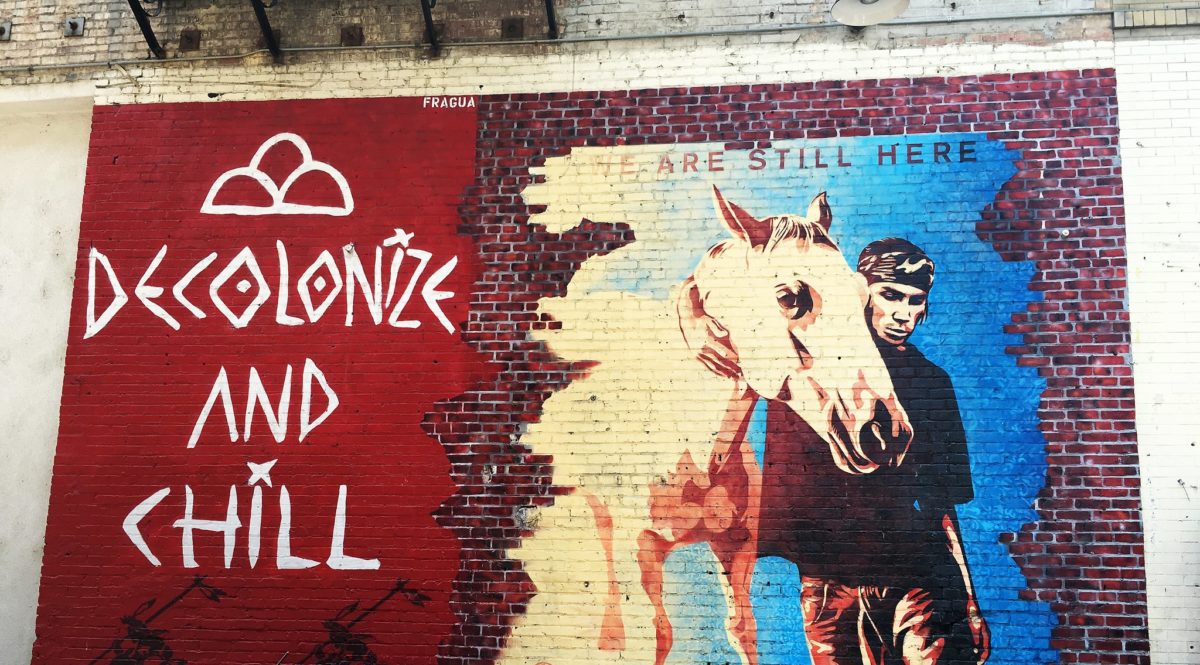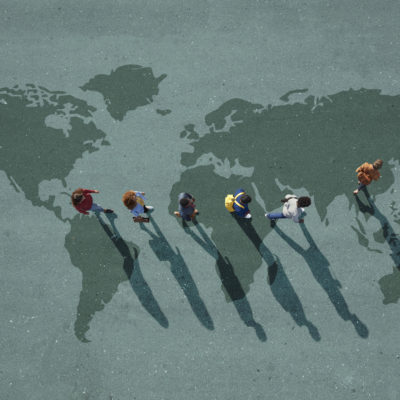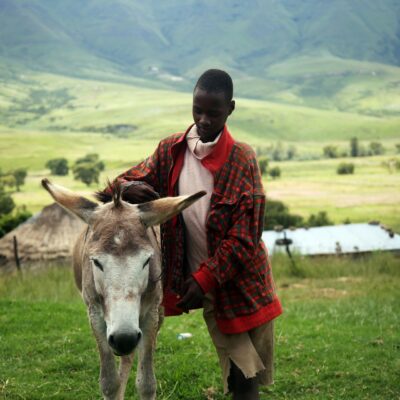 Photo: Flickr / wiredforlego
Photo: Flickr / wiredforlego
SweDev Steering Committee member Henning Melber writes about colonial power structures and the fundamental transformation of societies necessary to decolonise knowledge production.
This blog post was first published on EADI Blog.
“Social organisations tend to be based on asymmetric power relations – almost always, almost everywhere. Inequality characterises interaction both inside and in between societies. Class-based hierarchies, peppered by gender imbalances, sexism, racism, xenophobia, homophobia and many other forms of discrimination are the order of the day, both nationally as well as internationally. Colonial power structures and mindsets – understood as a hierarchical system imposing normative values which exclude and discriminate – remain almost always an integral part of any form of social reproduction, even when we believe that colonialism as a system in which foreign powers occupy and execute rule over other territories and people, is a matter of the past.”
Not all that is based on knowledge counts, and not all that counts is based on knowledge.
“Educational systems as the institutionalised form of transmitting knowledge are substantial elements of social reproduction. They execute colonial functions in the sense of domestication by affirmatively entrenching dominant value systems and norms for internalisation. While being a student at the German private school in Windhoek during Apartheid days in the late 1960s, Namibia was a South African occupied colony. Our rulers which were a gift from a local branch of an international bank carried the slogan “knowledge is power”. I only realised much later its true meaning: that only certain knowledge is power, and that the power of definition is the decisive element. In other words: Not all that is based on knowledge counts, and not all that counts is based on knowledge. In our case, the transmitted knowledge cultivated the firm justification of inequalities as naturally given order. Colonial racist knowledge in perpetuation of white supremacy – barbarism taken for granted as a form of civilisation.”
“Decolonisation remains work in progress and requires more than a focus on curricula. Addressing institutional racism understood as racism in certain institutions is a necessary but not sufficient step. Fundamental transformation of societies must embrace all forms of discrimination and “othering”, but also material aspects of transformation.”
This blog post is written by Henning Melber for EADI Blog.










